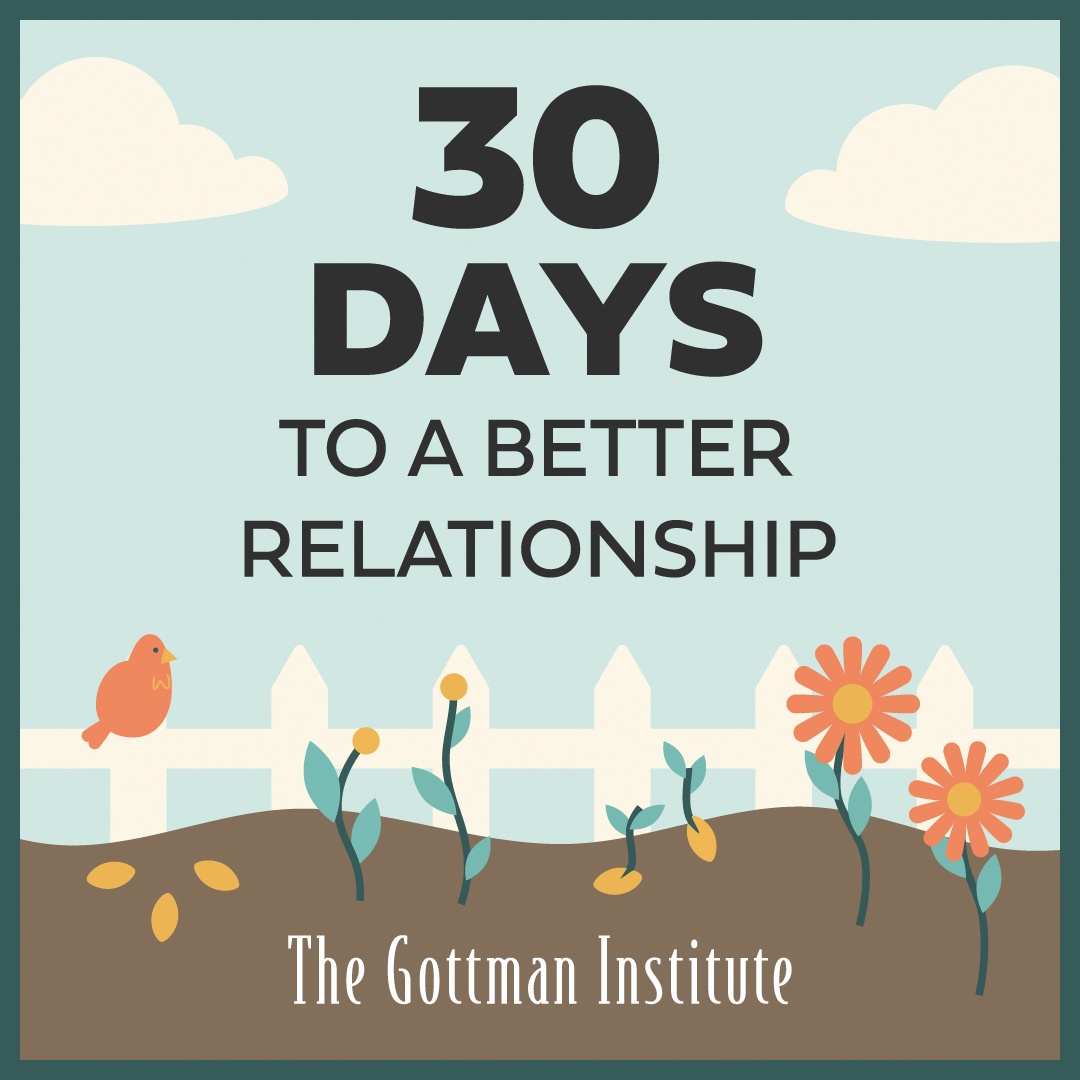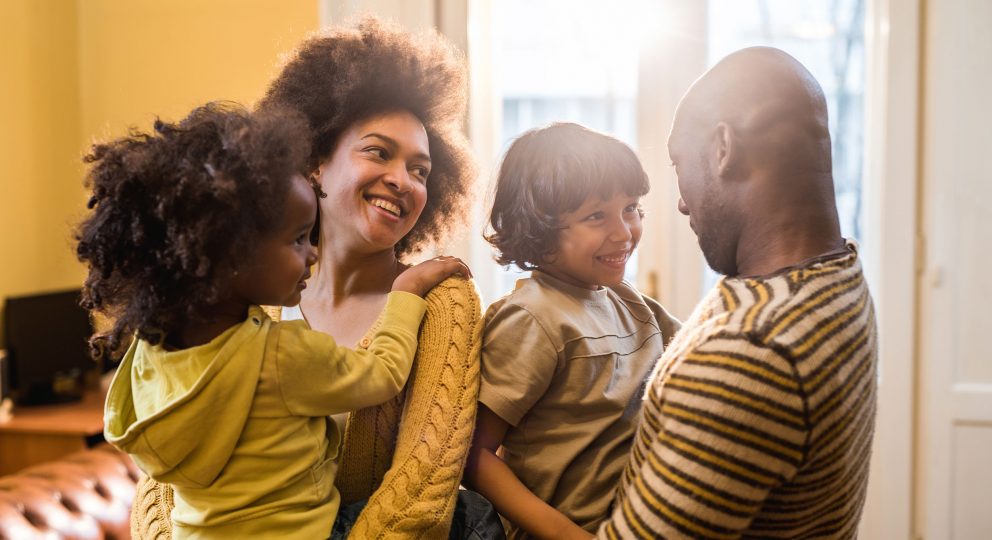This article originally was published by the Child Mind Institute
Most young children are aware of death even if they don’t understand it. Death is a common theme in cartoons and television, and some of your child’s friends may have already lost a loved one. But experiencing grief firsthand is a different and often confusing process for kids. As a parent, you can’t protect a child from the pain of loss, but you can help them feel safe. And by encouraging them to express their feelings, you can help them develop healthy coping skills.
Kids grieve differently
After losing a loved one, a child may go from crying one minute to playing the next. Their changeable moods don’t mean they’re not sad or that they’ve finished grieving; children cope differently than adults, and playing can be a defense mechanism to prevent a child from becoming overwhelmed. It’s also normal to feel depressed, guilty, anxious, or angry at the person who has died, or at someone else entirely.
Very young children may regress and start wetting the bed again, or slip back into baby talk.
Encourage a child grieving to express feelings
It’s good for kids to express whatever emotions they are feeling. There are many good children’s books about death, and reading these books together can be a great way to start a conversation with your child. Since many children aren’t able to express their emotions verbally, other helpful outlets include drawing pictures, building a scrapbook, looking at photo albums, or telling stories.
Be developmentally appropriate
It’s hard to know how a child will react to death, or even if they’ll grasp the concept. Don’t volunteer too much information, as this may be overwhelming. Instead, try to answer their questions. Very young children often don’t realize that death is permanent, and they may think that a dead loved one will come back if they do their chores and eat their vegetables. As psychiatrist Gail Saltz, MD, explains, “Children understand that death is bad, and they don’t like separation, but the concept of ‘forever’ is just not present.”
Older, school-age children understand the permanence of death, but they may still have many questions. Do your best to answer honestly and clearly. It’s okay if you can’t answer everything; being available to your child is what matters.
Be direct
When discussing death, never use euphemisms. Kids are extremely literal, and hearing that a loved one “went to sleep” can be scary. Besides making your child afraid of bedtime, euphemisms interfere with their opportunity to develop healthy coping skills that he will need in the future.
Attending the funeral
Whether or not to attend the funeral is a personal decision that depends entirely on you and your child. Funerals can be helpful for providing closure, but some children simply aren’t ready for such an intense experience. Never force a child to attend a funeral. If your child wants to go, make sure that you prepare them. Explain that funerals are very sad occasions, and some people will probably be crying. If there will be a casket you should prepare them for that, too.
Keep in mind that even the best-prepared child might get upset, and their behavior can be unpredictable. “Kids will not behave in a way that you might want or expect,” Dr. Saltz notes. “If you decide that a funeral is not the best way, there are other ways to have a goodbye.” Planting a tree, sharing stories, or releasing balloons can all be good alternatives for providing closure to a child.
Discussing an afterlife
The idea of an afterlife can be very helpful to a grieving child, observes Dr. Saltz. If you have religious beliefs about the afterlife, now is the time to share them. But even if you aren’t religious you can still comfort your child with the concept that a person continues to live on in the hearts and minds of others. You can also build a scrapbook or plant something that represents the person you have lost.
Don’t ignore your own grief
Children will often imitate the grieving behavior of their parents. It is important to show your emotions as it reassures children that feeling sad or upset is okay. However, reacting explosively or uncontrollably teaches your child unhealthy ways of dealing with grief.
Stick to routines
Children find great comfort in routines, so if you need some time alone, try to find relatives or friends who can help keep your child’s life as normal as possible Although it is important to grieve over the death of a loved one, it is also important for your child to understand that life does go on.
Some specific situations
For many children the death of a pet will be their first exposure to death. The bonds that children build with their pets are very strong, and the death of a family pet can be intensely upsetting. Don’t minimize its importance, or immediately replace the dead pet with a new animal. Instead, give your child time to grieve for his dog or cat. This is an opportunity to teach your child about death and how to deal with grieving in a healthy and emotionally supportive way.
The death of a grandparent is also a common experience for young children, and it may bring up many questions, such as, “Will my mom be next?” It is important to tell your child that you will probably live for a long time.
After the death of a parent, children will naturally worry about the death of the remaining parent or other caretakers. Reassure a child that they’re loved and will always be cared for. It is a good idea to rely on family members during this time to help provide additional nurturing and care. Dr. Saltz also recommends therapy in the case of a significant death, such as the death of a parent or sibling. “Therapy provides another outlet for talking when a child may feel like he can’t talk with other family members, because they are grieving as well.”
Treating serious problems
If you notice that your child seems unusually upset and unable to cope with grief and his loss, they may have something called adjustment disorder. Adjustment disorder is a serious and distressing condition that some children develop after experiencing a painful or disruptive event. It is a good idea to consult your child’s doctor if you feel that your child isn’t recovering from a loss in a healthy way.
Rachel Ehmke is managing editor at the Child Mind Institute.












